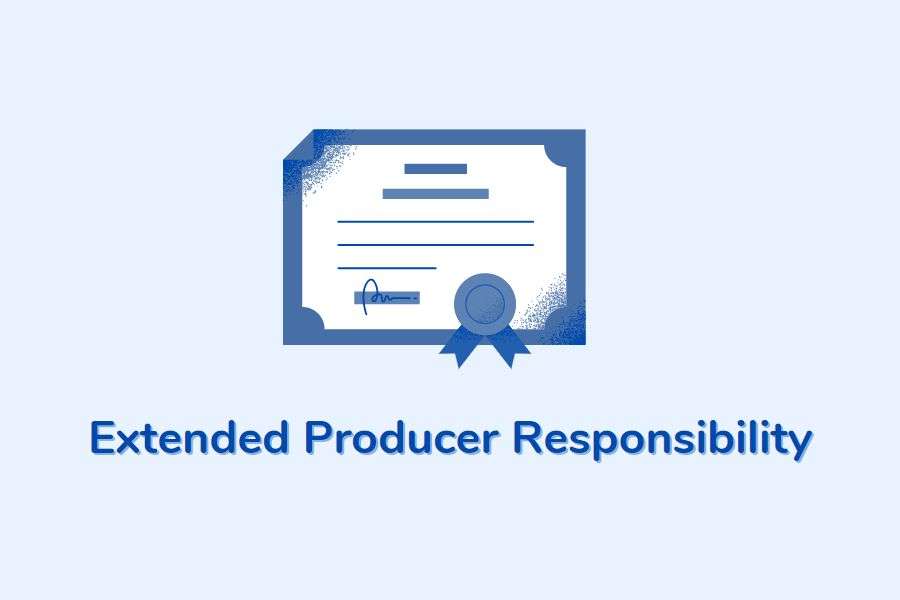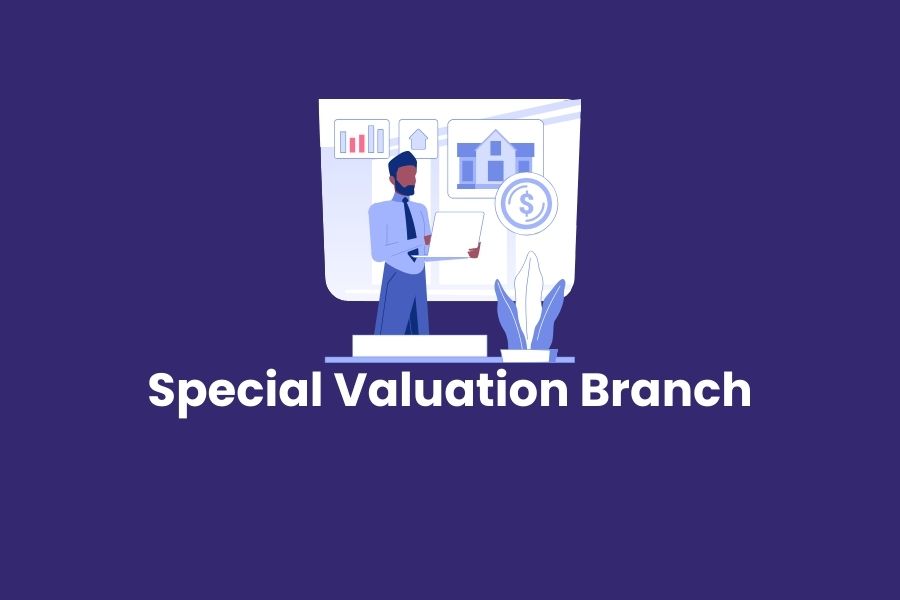Extended Producer Responsibility (EPR) is a concept that requires producers, importers, and brand owners (PIBO) of products to take responsibility for the management of waste generated by their products.
EPR in India is currently implemented through the Plastic Waste Management Rules (PWMR) 2016, which was issued by the Ministry of Environment, Forest and Climate Change (MOEFCC).
The Plastic Waste Management Rules 2021 also requires producers, importers, and brand owners of plastic products to set up collection centers and financing systems for the collection of their products at the end of their useful life.
Additionally, they are required to submit an annual report, detailing the quantity of plastic waste collected and recycled to-
The Goals Of Extended Producer Responsibility
- To reduce the environmental impact of products,
- To design more sustainable products,
- To increase the rate of recycling and proper disposal of waste.
What is Extended Producer Responsibility?
The concept of Extended Producer Responsibility (EPR) in India is relatively new, The first EPR laws in India were introduced in 2011 with the introduction of the e-waste management rules under the Ministry of Environment, Forest and Climate Change (MOEFCC).
These rules made it mandatory for manufacturers and importers of electronic equipment to take responsibility for the collection, transportation and disposal of their products at the end of their life.
After the introduction of the Plastic Waste Management Rules 2016, the Indian government has been taking steps to implement EPR in other sectors as well, such as packaging waste and construction and demolition waste.
In 2018, the National Clean Energy Fund (NCEF) was launched to promote clean energy initiatives, including the development of EPR. The same year, the government also announced the formation of a National Recycling Fund (NRF) for the management of plastic waste.
Guidelines on Extended Producer Responsibility for Plastic Packaging
The EPR guideline cover the following with respect to plastic packaging-
- Reuse
- Recycle
- Use of recycled plastic content
- End of life disposal
Read the Electronic Gazette here https://cpcb.nic.in/uploads/plasticwaste/PWM-Amendment-Rules-2022.pdf
The following entities are covered under EPR obligations
- Producers – P
- Importers – I
- Brand Owners – BO
- Plastic Waste Processors
The following Plastic Packaging categories are covered under EPR:
- Category I – Rigid plastic packing
- Category II – Flexible plastic packaging of single or multi layered plastic sheets
- Category III – multi layered plastic packaging
- Category IV – plastic sheet or like use for packaging including carry bags made of compostable plastics
Extended Producer Responsibility Registration
All PIBOs and PWPs must register on the portal developed by Central Pollution Control Board – https://eprplastic.cpcb.gov.in/#/plastic/home
In case your company falls into one or more subcategories of PIBOs or PWP, then you must register separately for each such category.
Similarly, in case your company has units in different states, then you must register separately for each state.
EPR Targets for various entities
Please refer to point (7) in EPR Guidelines 2022 to get a detailed understanding of the targets based on your entity type.
Carry forward & Offset of EPR Certificates
If a Brand Owner meets their EPR targets, they can use the surplus certificates generated in the following ways:
- Offsetting previous year shortfall
- Carrying forward for use in the next year
- Selling it to other producers, importers, and Brand Owners
Note –
- surplus in one category can only be used for offsetting, carrying forward, or selling in the same category.
- A surplus in reuse can be used for reuse, recycling, or end-of-life disposal, while a surplus in recycling can be used for recycling and end-of-life disposal.
- A surplus in end-of-life disposal, however, cannot be used for reuse or recycling.
Producers, Importers, and Brand Owners can also fulfill their EPR obligations under a category by purchasing surplus EPR certificates from others in the same category.
These transactions must be recorded and submitted on the online portal.
Levy of Environmental Compensation
The Environmental Compensation is imposed on PIBOs for not fulfilling their Extended Producer Responsibility targets and obligations. The compensation is levied based on the polluter pays principle and is aimed at protecting and improving the environment.
The Central Pollution Control Board and respective State Pollution Control Boards are responsible for laying down guidelines for the imposition and collection of the compensation.
The compensation is levied on producers operating in more than two states by the Central Pollution Control Board, and on producers operating in a single state by the State Pollution Control Board.
The payment of environmental compensation does not relieve producers of their obligations and unfulfilled targets will be carried forward for a period of three years.
The funds collected through the environmental compensation are kept in an Escrow account and are used for the collection, recycling, and end of life disposal of plastic waste.
Refer point (9) of EPR Guidelines for more details
Uses of EPR certificate –
An Extended Producer Responsibility (EPR) certificate is a document that certifies that a company, organization or individual has met the requirements set out in EPR regulations.
The EPR certificate serves as a proof of compliance with the regulations and authorizes the holder to operate in accordance with the specific EPR regulations that apply to their sector.
The use of an EPR certificate in India varies depending on the sector and the regulations that apply, but in general, an EPR certificate is used to:
- Demonstrate compliance
- Facilitate collection and disposal
- Facilitate reporting
- Facilitate enforcement
- Facilitate trade
Responsibilities of PIBO as per EPR:
The responsibilities of producers, importers & brand owners under EPR in India include:
- Sustainable Product design: To design products that are easy to recycle or dispose of, reducing waste and pollution.
- Financing: To finance the costs associated with collection, transportation, and recycling or disposal of their products.
- Collection: Setting up and financing systems for the collection of their products at the end of their useful life.
- Transportation: To arrange for the transportation of collected products to authorized plastic waste management facilities.
- Recycling or disposal: To ensure that their products are properly recycled or disposed of in an environmentally sound manner.
- Reporting: Producers, importers, and brand owners of plastic products are required to submit an annual report to the Central Pollution Control Board (CPCB) and the State Pollution Control Boards (SPCBs) detailing the quantity of plastic waste collected and recycled.
- Compliance: To comply with the Plastic Waste Management Rules 2016 regulations (including all amendments) and policies in India.
- Liability: To be liable for the environmental impacts of their products throughout their life cycle.
- Communication: To communicate with the customers about their products and the EPR regulations, and how the product can be properly disposed of.
- Take Back system: To establish a take-back system for collection of used plastic products and its disposal in an environmentally sound manner.
Recycling process under EPR-
Under this framework, the recycling process of plastic waste is as follows:
The recycling process under EPR in India is still in the early stages and there is room for improvement in terms of infrastructure and the quality of recycled products.
Benefits of Extended Producer Responsibility
Extended Producer Responsibility (EPR) can be beneficial to producers in several ways:
- Cost savings: By implementing EPR, producers can save costs on disposal and recycling of their product’s waste.
Producers are responsible for the collection, transport and disposal of their products at the end of their useful life, which can be done in a more cost-effective way than leaving it to municipalities.
- Product design for the environment: EPR can encourage producers to design products that are easy to recycle or dispose of, reducing waste and pollution, and making their products more environmentally friendly.
This can lead to increased consumer demand for sustainable products and an increased reputation for being environmentally conscious.
- Compliance: EPR ensures compliance with the regulations and laws and as a result, it reduces the risk of penalties and penalties for non-compliance.
- Increase transparency and accountability: EPR can increase transparency and accountability by requiring manufacturers and producers to report on the quantities of waste they collect and recycle, making it easier to track progress and identify areas for improvement.
- Create job opportunities: EPR can create job opportunities in the recycling and waste management industry, and the producer has the opportunity to manage their waste in a more efficient way.
Encourage innovation: EPR can encourage producers to seek more sustainable production methods, and to develop more sustainable products.












